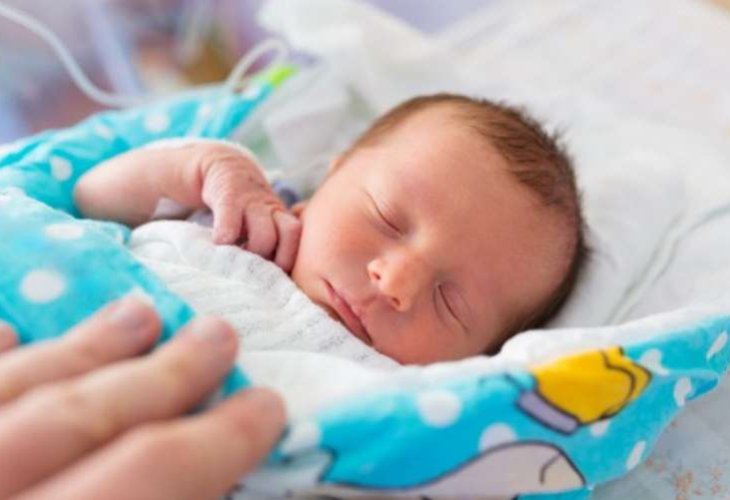Depression and Anxiety
Understanding Postpartum Struggles: It’s Not “Just the Baby Blues”
Recognizing the emotional toll of childbirth, identifying signs of postpartum depression and anxiety, and discovering paths to recovery and renewed joy for mothers and families.
 (Photo: shutterstock)
(Photo: shutterstock)Childbirth is a joyful, natural, powerful event that takes tremendous emotional and physical strength. It follows nine tough months (in every possible way) and precedes the newborn stage, which demands full emotional and physical presence. Add to this the hormonal shifts, the emotional weight of the experience, the degree of practical and emotional support from family and community, and the needs of other children at home, and so on.
Is it really normal to go to the hospital, deliver a baby, rest for two or three days, spend time in a recovery retreat, go home, and then raise the family calmly and happily ever after?
Not at all. It takes major divine assistance and many small miracles, and even then, it’s not always simple.
This emotional vulnerability creates fertile ground for psychological challenges. Suddenly, we are more sensitive, less resilient, and constantly on edge. Every small thing can set us off, irritate us or wound us. Then we lash out, feel guilt and turn the anger inward. And the cycle continues. This is the backdrop for emotional challenges after childbirth.
What are the symptoms?
Statistics:
The vast majority of new mothers (60%-80%) experience “baby blues” in the first two weeks postpartum which includes brief mood swings, crying for no reason, sensitivity, anxiety, and sleep troubles. These usually resolve on their own within days.
Around 20% experience adjustment disorder, lasting 2–3 months. These women may appear to function well on the outside, but internally they feel like they’re drowning. They describe it as “a deep, dark hole” and operate on autopilot.
These symptoms are more severe than baby blues, but not as extreme as postpartum depression. Early treatment at this stage can significantly ease suffering and prevent more serious issues.
One in eight women experiences postpartum depression, with symptoms such as:
Persistent sadness
Difficulty concentrating or making decisions
Difficulty functioning day-to-day
Sleep and appetite disturbances
Loss of interest in self-care or caring for the baby
Intrusive thoughts
Fear of being alone with the baby
A pessimistic outlook
Anxiety disorders- in all their forms- are also common, affecting 10%–26% of postpartum women. This includes chronic tension, restlessness, and excessive worry about the baby or other matters. Some women also experience panic attacks.
Other common postnatal mental health conditions include:
Obsessive-Compulsive Disorder (OCD): distressing, intrusive thoughts about terrible things.
Post-Traumatic Stress Disorder (PTSD)
Prolonged suffering for the mother, baby, and family, is not a given. A new baby should add joy. Let’s make sure that’s true in every home.
Batsheva Adler is a CBT-based emotional therapist.

